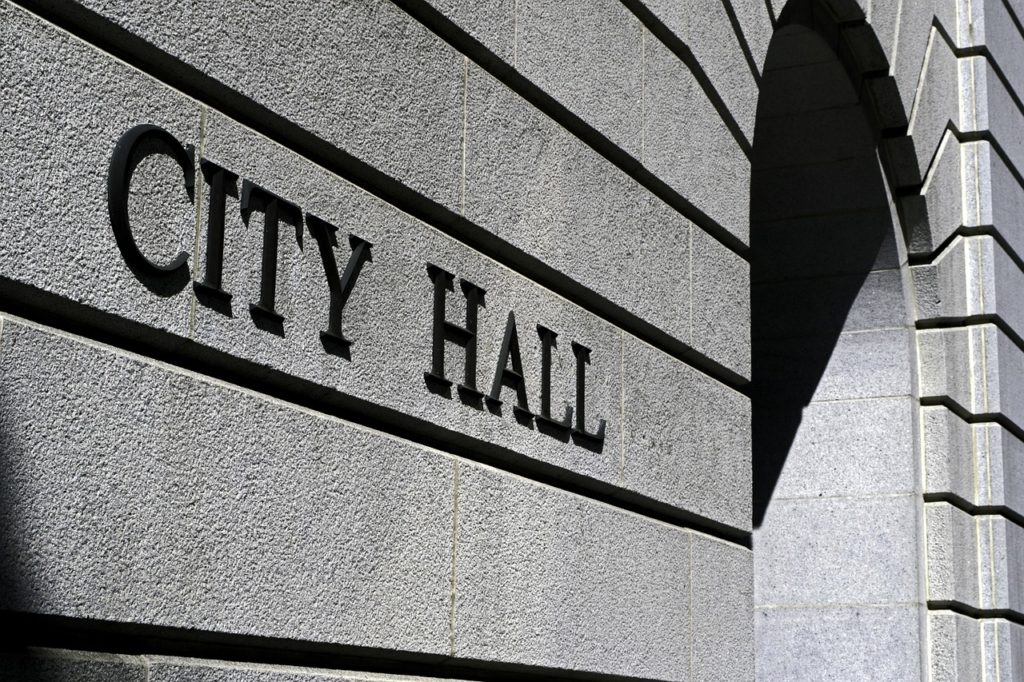Municipal Governance
How we can help:
For any local government, the meetings of the commissions, councils, boards, and panels drive the direction of the entity. Both the elected and appointed officials make decisions which impact the residents, businesses, and others involved in the process. To ensure a fair and smooth process, each entity must have its own bylaws and rules. Failure to have written, clear policies can make the meetings chaotic and invite legal challenges from losing parties. Unfortunately, most city and county governments either do not have written policies, relying solely on custom, or work on policies which are decades old and out of compliance with local, state, and federal laws. The McGowan Law Firm works with local governments to draft and revise bylaws and rules tailored for each of the boards and commissions within the government.

Charter Review
The city charter is the foundation of any local government in Florida. The charter establishes the city as an entity and dictates the broad strokes of the city, from the type of government to the number of liquor licenses. Unlike a code of ordinances, a charter is amended by the voters, not the elected body. As a result, it is often outdated and not reflective of the current needs of the city or state law. A charter should be fully reviewed every 10 years and checked for compliance with state statutes after every legislative session. The McGowan Law Firm can work with your elected body to find areas of need in your charter which need to be submitted to the voters for amendment.

Bylaws
Bylaws provide the structure for how any governing body operates. From city councils to planning commissions, this document is vital to ensure a smooth and fair meeting. Simply pointing to Roberts Rules of Order is not enough, especially in a public body. Well written bylaws should be easy to understand by both the public and the members. Typical bylaws include the process to elect officers, the process to pass a motion, who sets the agenda, ethics considerations including conflict of interest, and public comment. Bylaws must also be consistent with the city charter, city ordinances, and state statutes like the Sunshine Law. Unfortunately, many public bodies do not have bylaws and operate only on custom. The McGowan Law Firm can draft or update bylaws to fit the needs of your political bodies.

Rules
Well written bylaws may be sufficient guidance for many simple boards, like citizen advisory boards. If the body has more responsibility, like an elected council or a zoning board, there will be a need for more detail not typically included in bylaws. Items like reimbursement for expenses, appropriate interactions with city employees, and other ethics considerations can be listed in more detail in a separate document covering the rules of the body.